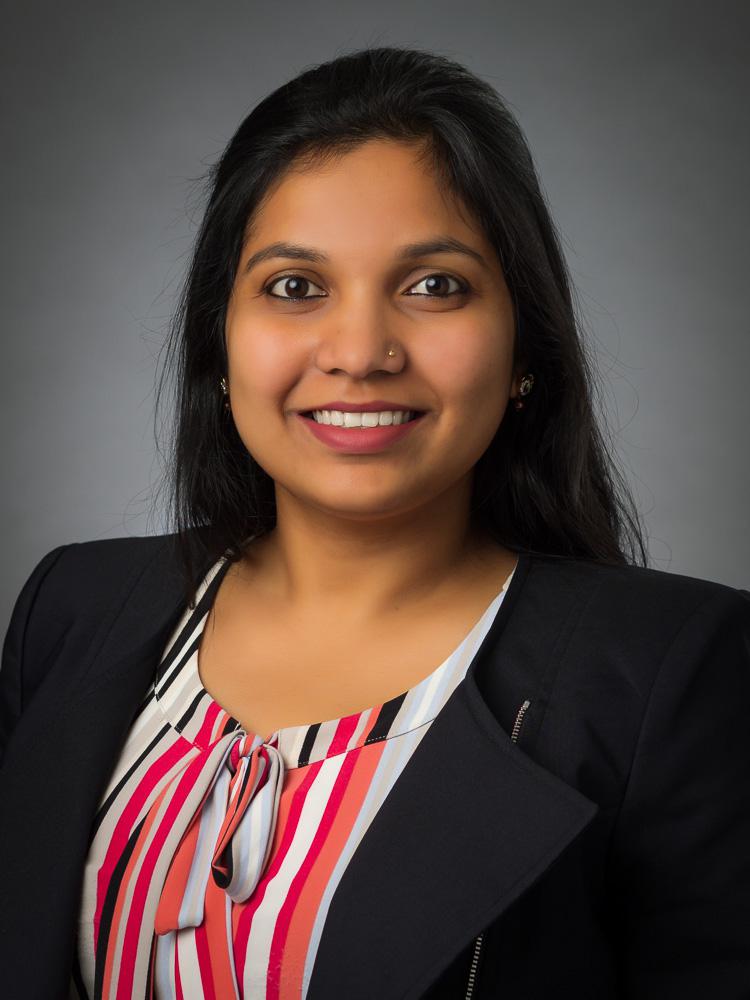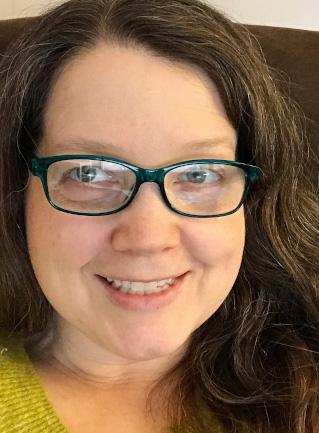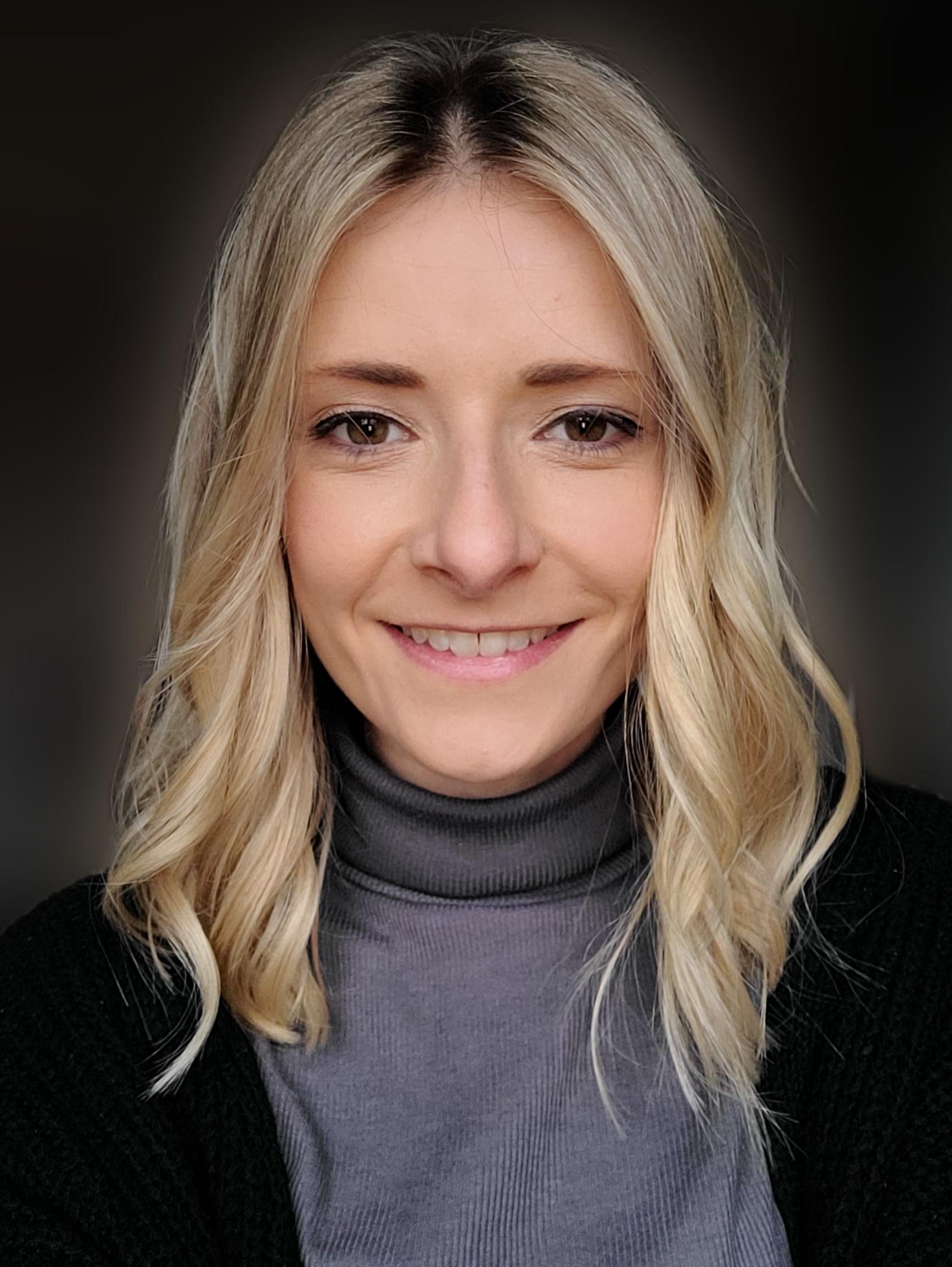Evaluation And Astronomy Education Research
Parallel Session
5th Shaw-IAU Workshop on Astronomy for Education
Session timeblocks
Wednesday Nov. 29, 2023
UTC: 8 p.m. -
9:30 p.m.
Friday Dec. 1, 2023
repeated:
UTC: 10 a.m. -
11:30 a.m.
This session will focus on research and evaluation into the underlying learning methods and approaches in astronomy education. We invite abstracts that apply different research methods to explore teaching and learning in terms of (for example) higher-order thinking skills, systems thinking, inquiry-based learning, ‘being a scientist’, spatial thinking, and more. We also encourage research and evaluation that address diversity, equity, inclusion, and belonging in astronomy education.
Schedule
-
Status of Astronomy Education in India: A Baseline Survey
Wednesday Nov. 29, 2023
UTC: 8:05 p.m. - 8:20 p.m.Friday Dec. 1, 2023
UTC: 10:05 a.m. - 10:20 a.m.As a first step towards improving astronomy education in schools, we at the OAE India Center are conducting a baseline survey to understand the status of astronomy education in India. In this survey, we investigate student perceptions about various facets of astronomy education, e.g. astronomy content in their syllabus, general interest, and connections of their cultural knowledge with astronomy. This survey was conducted nationwide in 10 languages with over 2000 students across many different environments. The data revealed that although students are interested in astronomy, even basic astronomical concepts remain poorly understood. This data will be very useful to develop an improved astronomy curriculum in the future and will guide us to develop effective teacher training programs.

Moupiya Maji (Inter-University Centre for Astronomy and Astrophysics; Office of Astronomy Education, India)
Coauthors: Surhud More (Inter-University Centre for Astronomy and Astrophysics), Aniket Sule (Homi Bhaba Centre for Science Education)
For more information about this talk click here
-
The effects of laboratory and visual representations on students’ understanding of seasonal changes
Wednesday Nov. 29, 2023
UTC: 8:20 p.m. - 8:35 p.m.Friday Dec. 1, 2023
UTC: 10:20 a.m. - 10:35 a.m.In the present study we combined two approaches to teach seasonal changes: laboratory activities and specially designed images. To investigate the effectiveness of the teaching approaches we adopted a 2x3 experimental design: we randomly assigned 9th grade students to “laboratory” and “no laboratory” conditions while both groups received instruction under one of the three conditions: textbook images and text; teaching booklets with specially designed images and text; only text. Overall, we involved in the six experimental conditions 337 students. A draw-and-explain task and a multiple choice/true false questionnaire were used as pre and post-test evaluation. Preliminary results show a significant interaction effect of the two teaching strategies. Results will be presented in the workshop.

Italo Testa (Department of Physics "E. Pancini" University Federico II of Naples)
Coauthors: Silvia Galano (Department of Physics "E. Pancini", University Federico II of Naples)
For more information about this talk click here
-
Using stories to assess college students’ ideas about astronomy
Wednesday Nov. 29, 2023
UTC: 8:35 p.m. - 8:45 p.m.Friday Dec. 1, 2023
UTC: 10:35 a.m. - 10:45 a.m.We investigated how college education majors consider ‘who does astronomy’ and ‘what counts as doing astronomy’ during an introductory astronomy course. As a final project, students wrote children’s storybooks. Thematic analysis of students’ storybooks suggests that many students recognize the importance of showing that astronomy is done by people of color, women, and children. Many students also demonstrated the dynamic nature of science through characters engaged in the practices of science. However, we also noted limitations in how some students portrayed astronomy, such as focusing on astronomy as learning facts and limiting the protagonist’s agency. The storybook project helped us understand how students can apply an anti-deficit perspective through the creation of classroom media.

Julia Plummer (The Pennsylvania State University)
Coauthors: Andrea M. Ragonese (The Pennsylvania State University)
For more information about this talk click here
-
Astronomy Literacy Test (ALT): A proposal diagnostic test for Astronomy literacy.
Wednesday Nov. 29, 2023
UTC: 8:45 p.m. - 8:55 p.m.Friday Dec. 1, 2023
UTC: 10:45 a.m. - 10:55 a.m.There are several astronomy diagnostic tests based on national syllabus and targeted specific audiences.However,they are limited by their diagnostic scope as they do not allow the participant to learn more about the field.Hence,we built the Astronomy Literacy Test (ALT).This test has 3 goals:Diagnose astronomy literacy,raise astronomy awareness and make it valuable for any country or respondent.ALT is based on the global document endorsed by IAU:The Big ideas in Astronomy.It is an interactive and self learning test.After submitting the test,correct answers are displayed,along with the links to explore the concepts.With ALT´s 1st version,we aim to collect inputs to turn it into a global tool to assess astronomy literacy and design outreach activities,courses and citizen science projects.

Prathmesh Jadhav (Savitribai Phule Pune University, Pune ,Maharashtra India)
Coauthors: Ilídio André Costa (Santa Barbara School Cluster / Porto Planetarium – Ciência Viva Center / Instituto de Astrofísica e Ciências do Espaço – Universidade do Porto), Ranjini N Murthy (GSIPU College, Karnataka)
For more information about this talk click here
-
Teaching the Seasons by Analyzing Data and Modelling
Wednesday Nov. 29, 2023
UTC: 8:55 p.m. - 9:05 p.m.Friday Dec. 1, 2023
UTC: 10:55 a.m. - 11:05 a.m.The seasons is a concept in astronomy that is particularly difficult to understand. We propose to teach the seasons by prompting students to analyse day-to-day data (sunrise and sunset times and azimuth, height of the Sun at noon, length of day, etc.) for their location, and compare it with the same data for a location positioned at the same latitude in the Southern hemisphere. By modelling the reasons for seasons using concrete objects (a Styrofoam ball and a lamp), students will connect the apparent motion of the Sun with the inclination of Earth’s axis of rotation to the plane of the ecliptic. We will present the results of an experiment conducted with pre-service high school teachers enrolled in an astronomy teaching course, using a Seasons Concept Inventory as pre- and post-test.

Pierre Chastenay (Université du Québec à Montréal)
Coauthors: Emmanuel Ahr (Université du Québec à Montréal), A.Bélanger (Université du Québec à Montréal)
For more information about this talk click here
-
Discussion Panel: Evaluation and Astronomy Education Research
Wednesday Nov. 29, 2023UTC: 9:05 p.m. - 9:30 p.m.
Friday Dec. 1, 2023
UTC: 11:05 a.m. - 11:30 a.m.Chair:

Sophie Bartlett
Panel: Moupiya Maji
(IUCAA), Italo Testa
(Department of Physics "E. Pancini" University Federico II of Naples), Prathmesh Jadhav
(Savitribai Phule Pune University, Pune ,Maharashtra India), Julia Plummer
(Pennsylvania State University), Pierre Chastenay
(Université du Québec à Montréal)
Posters
-
Astronomy for the Indigenous: “Introduce your world to us and we will introduce our world to you”
Led Ivy Maclang (Rizal Technological University), Jonel Cawilan , Romieleth Espillardo (Rizal Technological University), Angel Luarenz Garcia (Rizal Technological University), Paul Mathew Garcia (Rizal Technological University), Ma. Patricia Pereña (Rizal Technological University)
Access to Astronomy Education can bring multiple benefits to indigenous groups, enriching traditional knowledge, empowering youth in STEM fields, and promoting scientific literacy and critical thinking. Culturally sensitive outreach programs involving local communities, teachers, and elders can effectively achieve these benefits and should be regularly evaluated for impact and sustainability. A study on an astronomy outreach program for Grade 3 Aeta students demonstrated positive and significant effects on their knowledge of the solar system. Using storytelling, hands-on activities, and visual aids, the program increased test scores from 56% to 89%, highlighting the potential of such initiatives to enhance learning experiences and address socio-economic and environmental issues.
-
Correct use of astronomical terms in science and education
Safarov Abduljalol , Rahimov Bakhtyor (Tajik National Universit)
Today, the use of astronomical terms in existing literature, both in education and in science, needs to be improved. Most authors of published books in the field of astronomy in the Tajik language are not specialists in this field. Therefore, there are many mistakes in such books. Purpose of article: to shed light on the correct use of astronomical terms in education and science. According on the results of the study, it is suggested that some of the international terms should be officially adopted, while some of the terms are already widely used in the Tajik language, which were refined by our scientists in the past. Another part of the terms needs to be improved and refined. The authors have tried to correct the shortcomings of existing terms and offer the best options.
-
Designing an evaluation framework and tool for astronomy content in school textbooks
Asmita Redij (Homi Bhabha Centre for Science Education), Pritesh Ranadive , Aniket Sule (Homi Bhabha Centre for Science Education (HBCSE-TIFR))
For many students textbooks become the first contact point to kindle interest in a subject, like Astronomy explaining the day-to-day natural phenomena. Textbooks are instrumental in facilitating the scientific discourse in a classroom. Astronomy is introduced in middle school textbooks in many curricula across the world, most of the time it gets limited to mere collections of facts and observed phenomena, creating little appreciation for the nature of science. This study involved designing a framework for evaluating the completeness of the astronomy-related content in school textbooks. In this talk, I will present the case of two curricula from India to bring out the rationale behind the design and introduce the General Textbook Evaluation Tool developed for Astronomy content.
-
Is our solar system representative of the exoplanetary systems discovered? An activity and assessment instrument based on current exoplanet transit data
Ramya Anche (Steward Observatory, University of Arizona)
The discovery of Exoplanets is an exciting and popular research area in Astronomy. We have developed a new activity that makes current exoplanets transit data accessible for students in the introductory astronomy classroom. The majority of students participating in this work were non-STEM majors taking the course to satisfy their general education science requirement. The course is designed to actively engage students in developing explanatory models and improving their science and data literacy. The Lecture-Tutorial activity guides students reasoning using a sequence of cognitive tasks that allowed them to unpack and discern the meanings afforded by a series of carefully designed data representation. By working collaboratively through the activity students develop fluency with data characterizing the physical properties of exoplanet, with the goal of students being able to reason about whether our solar system serves as a good representation for the other planetary systems discovered using the transit method. In addition to developing a new suite of active learning classroom activities, we have also developed an assessment instrument to measure student learning gains on these topics. In this presentation, I will share the key data representation, tasks, and student learning outcomes where we have observed a significant gain in student learning.
-
Qualitatively Assessing An Online Research Course for Astronomy Majors
Skylar Grayson (Arizona State University), Heather B. Hewitt (Arizona State University), Molly Simon (Arizona State University), Chris Mead (Arizona State University), Grace Beall (Arizona State University), Robert T. Zellem (Jet Propulsion Laboratory), Kalee Tock (Stanford Online High School), Kyle A. Pearson (Jet Propulsion Laboratory)
Research experiences as an undergraduate are one area where online programs are trailing behind traditional degrees, due to the difficulty of providing experiences to remote students. To remedy this, we have developed an online Course-Based Undergraduate Research Experience (CURE) for students in Arizona State University’s online Astronomical and Planetary Sciences degree. Here, we present the preliminary qualitative results from interviews administered to twelve students. We find that a majority of the interviewed students express an increased sense of belonging in astronomy and the school, improved science identity, and greater confidence in their research abilities. This work is part of a broader mixed-methods project analyzing the benefits of this CURE over the course of three years.
-
Spatial Thinking in Astronomy Education: Bridging Gaps through Linguistic and Cognitive Perspectives
Saeed Jafari (Department of Linguistics, University of Kurdistan)
In the realm of astronomy and physics, the paramount role of spatial thinking in exploration, comprehension, and transmission is firmly established. Understanding many astronomical phenomena requires spatial thinking skills, and astronomy is no exception. Functioning in our three-dimensional world in particular in astronomy requires spatial thinking about shapes, locations, and paths of objects along with relationships among objects and frames of reference (Newcombe, 2015). This talk shares the striking absence of spatial thinking and its potential impact on astronomy education, as well as examples of how to teach astronomical phenomena and celestial concepts in different linguistic and cultural contexts. Additionally, I will discuss the current state of spatial thinking in education.
-
The Effect of Adaptive Technology on Quantitative Literacy within the Online Astronomy Classroom
Grace Beall (Arizona State University), Molly Simon (Arizona State University), Chris Mead (Arizona State University)
Quantitative literacy (QL), the ability to understand and accurately use numbers, is pivotal when learning astronomy, as prior research shows it has a strong, positive correlation with a student’s success in science courses. In this study, we measure students' QL levels pre- and post-completion of an online astrobiology course, outfitted with adaptive technology, to examine the effects of the technology on this skill set and overall course achievement. Adaptive technology provides students in the online environment with immediate, specific feedback as they answer questions and complete course material. Preliminary results suggest no significant change in students’ QL levels and a significant, moderate, direct correlation between incoming QL and final grades.




